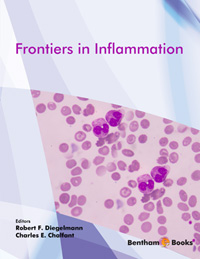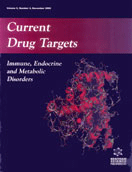Abstract
Neuroinflammation is a ubiquitous component of central nervous system (CNS) response to injury. In addition to the disorders traditionally considered inflammatory in nature, neuroinflammation contributes to CNS response in ischemic, traumatic and neurodegenerative disorders. Depending on the particular disorder, both innate and adaptive immune responses may contribute to neuroinflammation. This chapter outlines the basic mechanisms relevant to CNS inflammation. The cells of the CNS innate immune response, including microglia, astrocytes, their mechanisms of activation and innate effector mechanisms such as the production of reactive oxygen and nitrogen species and cytokines are discussed. Features unique to the CNS such as the blood-brain barrier and other mechanisms of CNS immune privilege are outlined. Cells and mechanisms of CNS adaptive immune response such as T lymphocytes, B lymphocytes, activation and effector mechanisms are discussed.
Keywords: Astrocyte, Central nervous system, Microglia, Inflammation.






















